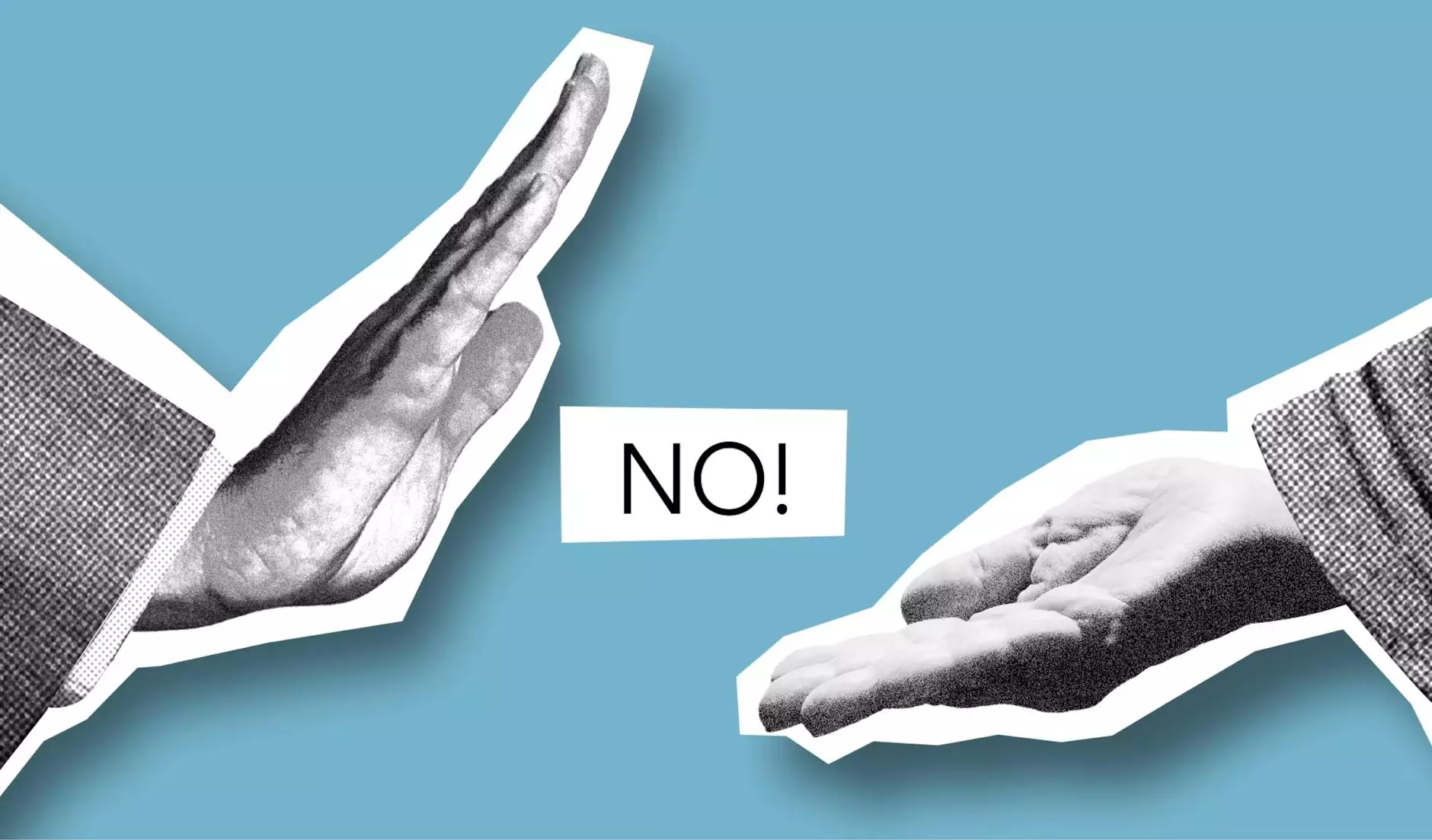What Is The Right Of Publicity In Your Likeness?

Welcome to Baytowne Reporting, your premier source for legal information. In this article, we will dive deep into the concept of the right of publicity in your likeness. Understanding this legal right is crucial in protecting your identity and gaining control over the use of your image. Let's explore the intricacies of the right of publicity and its significance in the legal world.
The Significance of the Right of Publicity
The right of publicity, also known as the right to control one's image or likeness, is a legal concept that safeguards individuals' exclusive rights to profit from their own likeness or image. This right allows individuals to prevent others from using their image for commercial purposes without their permission. It grants individuals the power to control the commercial value of their identity and prevents unauthorized exploitation.
Protecting Your Identity and Commercial Value
With the rise of digital media and the widespread use of photographs, videos, and other forms of media, the right of publicity has become increasingly relevant. Every individual possesses a unique identity with commercial value. Whether you are a celebrity, influencer, or an ordinary person, your likeness can hold value in various contexts, such as endorsements, advertisements, or promotional campaigns.
By securing the right of publicity, you gain the ability to control the use of your image, ensuring that it is used in a manner that aligns with your personal and professional values. It allows you to give consent or negotiate compensation for the use of your likeness, granting you financial benefit from its commercial exploitation.
The Legal Framework of the Right of Publicity
The legal framework surrounding the right of publicity varies across jurisdictions. It is important to note that the concept is not uniformly defined or protected globally. Some countries recognize the right of publicity as an aspect of privacy rights, while others treat it as a distinct intellectual property right.
In the United States, the right of publicity is recognized as a state-level right, meaning it is protected under individual state laws rather than federal law. This can lead to variations in the level of protection depending on the jurisdiction. Understanding the specific laws in your state is crucial in safeguarding your right of publicity and enforcing it when necessary.
Exceptions and Limitations
While the right of publicity generally grants individuals extensive control over the commercial use of their likeness, there are certain exceptions and limitations that need to be considered. These exceptions typically fall under the umbrella of free speech and First Amendment rights. For example, the use of an individual's likeness for news reporting, commentary, or artistic expressions may be protected under the doctrine of fair use.
Enforcing Your Right of Publicity
If you believe your right of publicity has been violated, there are legal avenues available for recourse. It is advisable to consult with an experienced attorney who specializes in intellectual property and privacy rights. They can guide you through the process of enforcing your rights, whether through negotiation, cease and desist letters, or litigation if necessary.
Conclusion
The right of publicity in your likeness is a vital legal right that empowers individuals to protect their identity and control the commercial use of their image. By understanding the significance of this right and the legal framework surrounding it, you can take proactive measures to safeguard your rights and ensure that your likeness is used in a manner that aligns with your values and goals. Trust Baytowne Reporting for comprehensive and accurate legal information.



